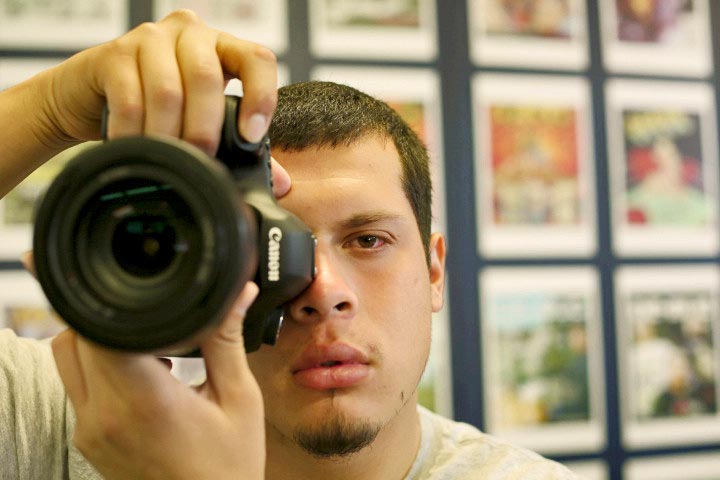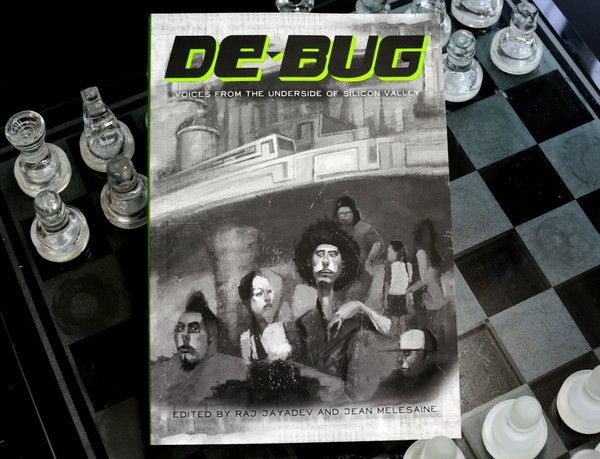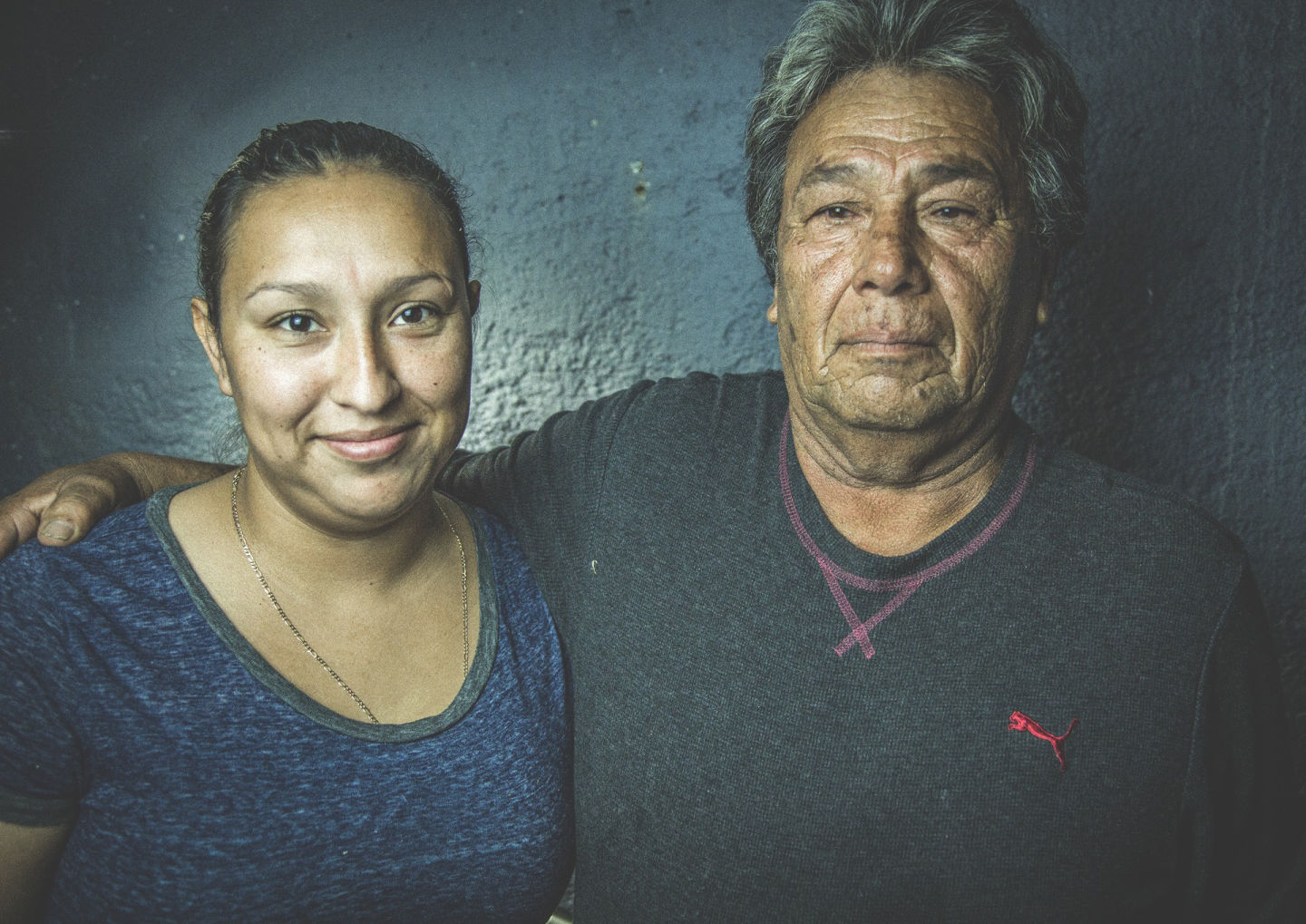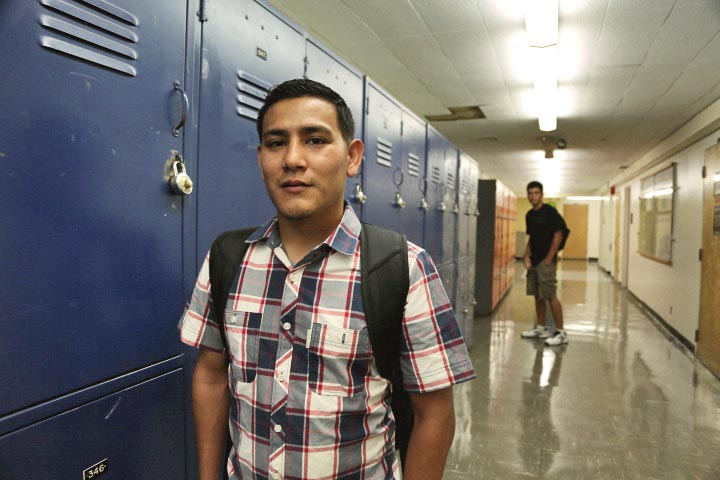You probably think of Silicon Valley as a land of tech moguls and quick fortunes. But a new collection of essays is challenging readers to see another side of California’s iconic boomtown, through the eyes of its factory workers, ice cream cart pushers and metal scrappers. Even a swimming pool installer who predicts who’s going to strike it rich based on the backyard pool.
I go all over Silicon Valley building and demolishing pools. The craziest one I saw was in San Jose, I didn’t even know there were huge homes like that on my side of the city, new money in an old part of town, you know? Most clients who want their pools demolished, first off, have a dog or two, are over 50, and have kids who have moved out of the house. Those who want a pool built are up and coming. They either have money, or started making lots of it through one of the many jobs now flourishing in the Silicon Valley.
-- Daniel Zapien, pool installer

"Debug: Voices from the Underside of Silicon Valley" bills itself as an “unauthorized diary” of the folks who are struggling to make it in the tech boomtown.
“We took the name debug from high tech,” says Liz Gonzales, who works with the San Jose-based community journalism group DeBug. “When you are putting together a product and it doesn’t pass quality control, you have to send it over to the debug folks. They’re the ones who will figure out the problem, expose it and fix it.”

Gonzales started off on an assembly line, putting together modems 12 hours a day.
“It was soul-crushing. Isolating, and full of insecurity,” says Gonzales. “We were the people creating enormous wealth for a few, but didn’t get to share in that prosperity.”

